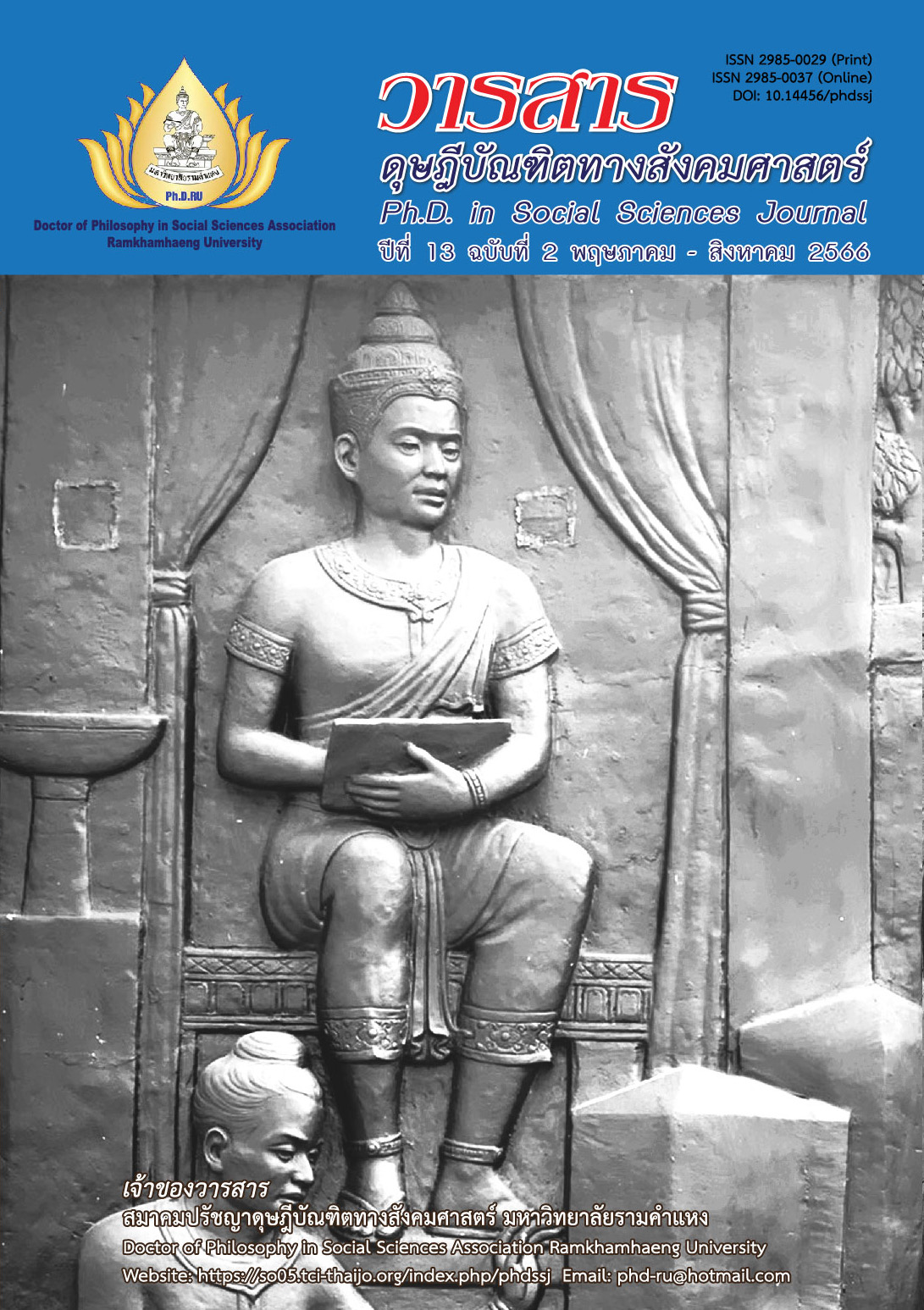The Reform of the Thai Sangha Act Under the Code of Monastic Discipline (Vinaya)
Main Article Content
Abstract
This research article aims to (1) study legal problems in the enforcement of the Sangha Act, B.E. 2505 related to wrongdoing in the code of monastic discipline (Vinaya); (2) study concepts and related theories concerning Buddhism; (3) analyze and compare the code of monastic discipline (Vinaya) in Thailand comparing the measures of punishment in the code of monastic discipline (Vinaya) of Buddhist Monks with those in Christianity (Church) and in Islam; and (4) improve and revise the Sangha law under the code of monastic discipline (Vinaya) of Thailand by using a qualitative research method and collecting data through documentary research, in-depth interviews and focus group discussion and analyzed the data by using content analysis techniques and comparison interpretation.
Findings are as follows: The Sangha Act, B.E. 2505 does not have legal punishment for monks who do not accept the judgment of the Suppression Law. Including no punishment for females or other individuals participating in the violation of the code of monastic discipline by having sexual intercourse and monks who misappropriate possessions of the temple as well as solicit valuable belongings from members of the general public and boast as having attained the rank of a noble one. Therefore, such penalties must be clearly defined and there are administrative measures to control and inspect the monks who will be ordained in Buddhism. These will be legal measures to enforce and control monks to be under the code of monastic discipline in a more efficient manner.
Article Details

This work is licensed under a Creative Commons Attribution-NonCommercial-NoDerivatives 4.0 International License.
Academic articles, research articles, and book reviews in the Ph.D. in Social Sciences Journal are author’s opinions, and not the publisher’s, and is not the responsibility of the Ph.D. in Social Sciences Journal Philosophy Association, Ramkhamhaeng University. (In the case that research is done on human, the researcher has to be trained in Ethics for Doing Research on Human Training and has to produce the evidence of the training).
References
Chotthayangkun, P. (1995). Punishment and renouncing the monkhood. In S. Chaiyawongkhot (Ed.), Mahachulalongkornrajavidyalaya University education: Buddhist and social sciences (pp. 145-152). Mahachulalongkornrajavidyalaya Press. [In Thai]
Chotthayangkun, P. (2007). Lectures on the Sangha law. Mahachulalongkornrajavidyalaya University Press. [In Thai]
Chotthayangkun, P. (2016). Lectures on the Sangha law (3rd ed.). Mahachulalongkornrajavidyalaya University Press. [In Thai]
National Statistical Office. (2018). Statistical Office reveals the survey results of social, cultural and mental health conditions in 2018. Retrieved from http://www.nso.go.th/sites/2014/Pages/News/2561/N21-09-61-1.aspx [In Thai]
Packer, H. L. (1968). The limits of the criminal sanction. Stanford University Press.
Phra Methidhammapon (Prayun Dhammachitto). (1993). Regulations of the Thai Sangha administration (7th ed.). Buddhadhamma Foundation. [In Thai]
Royal Thai Government. (2020). Management of some Buddhist monks who have inappropriate behavior. Retrieved from https://www.thaigov.go.th/news/contents/details/32976 [In Thai]
Yussayotha, A. (1988). The process of punishment in the criminal code with Thai Sangha discipline, comparative studies. Songkhla Teachers College, Faculty of Humanities and Social Sciences, Department of Philosophy and Religions. [In Thai]


